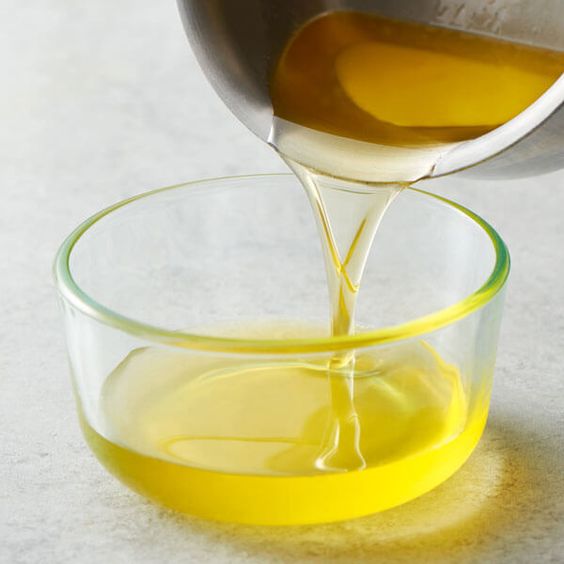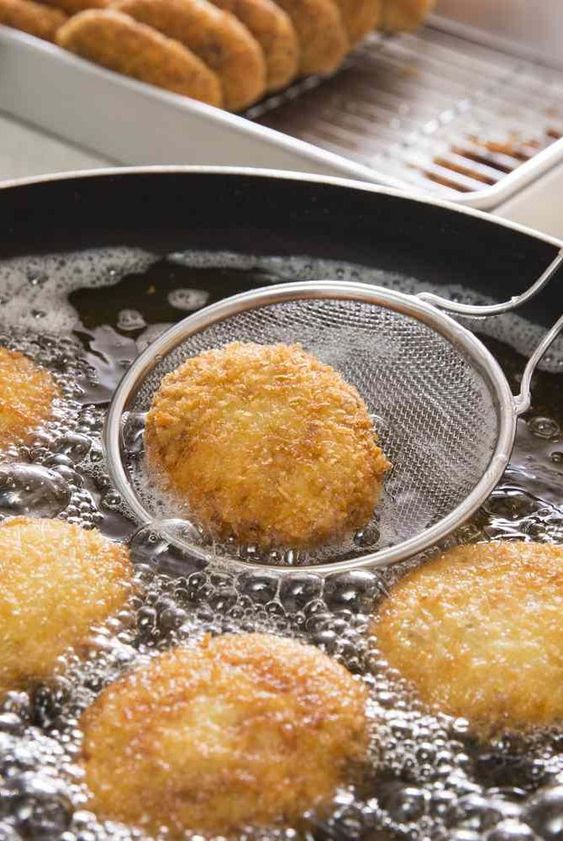Fried food is always an inevitable food cooking method in our daily lives. It can use oil to fry meat until it is crispy and delicious. But dealing with leftover oil is always a chore. You might be thinking about just pouring it down the drain. If you pour hot oil directly into the drain, it can cause your pipes to burst, and it can also clog your drains as the oil solidifies.
In fact, there are many ways to dispose of oil correctly, but before you need to throw the oil into a garbage bag or trash can, you need to dispose of the oil correctly and safely. If you don’t know how, just keep reading.
Cooking oil is the most commonly used thing in our daily life, so you need to know some methods of handling it correctly. Instead of pouring it directly into the sewer or grass. This will directly affect some ecological problems, and will also produce some unpleasant smells, especially in summer.
Correct disposal of cooking oil not only protects the kitchen environment at home, but also protects the outdoor ecological issues.
How to properly handle cooking oil

Image From landolakes.com
Reuse it
If your cooking oil was only used to fry milk or chicken once, there’s no need to throw it away. Although recycled oil may emit some carcinogens, that is only if it has been recycled multiple times. If you still have food to cook, you can pour the oil into a container aside and then add it in small amounts as you cook. But it is best to use it on the same day, and if it has been left overnight, it is best to dispose of it.
Cool the oil first
If you want to get rid of a large amount of used oil, you need to cure it first. You can cool the oil and pour it into a large container and place it in the refrigerator. After the oil has completely reached the bottom, it can be taken out and placed directly in the trash can.
Municipal Recycling Program
Some cities have special recycling programs that can recycle cooking oil to further protect the environment. You can check with the local government or website. Generally, there are corresponding policies for restaurants or residences. You need to put the oil into a jar before recycling it.
A small amount of oil can be poured directly into the garbage bag
If it’s just a small amount of oil, don’t pour it down the drain, as it can add up to a bad smell in your kitchen over time. You can pour the oil directly into the garbage bag, but of course wait for the oil to cool down. The hot oil will burn the garbage bag. Cool the oil before pouring it into a garbage bag. The garbage in the garbage bag can absorb part of the oil stains without causing it to leak out.
Contraindications when handling cooking oil
There will always be people who want to take shortcuts when dealing with cooking oil, but these can cause a lot of problems.
Do not pour cooking oil directly into the trash can or lawn. If you pour a large amount of oil directly into the trash can, long-term accumulation of garbage will emit a foul smell and attract some mosquitoes and animals, affecting the surrounding ecological balance. You cannot pour oil stains directly into the grass, as this will directly affect the balance of that land area and cause some ecological problems.
Do not pour cooking oil directly into the sewer or toilet. The oil will solidify for a long time and will clog your sewer and emit odor. It will also directly affect the pipes around you.
